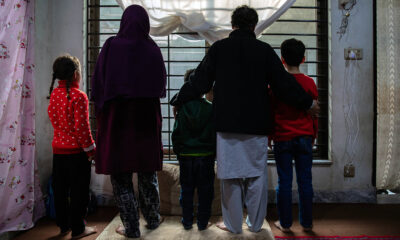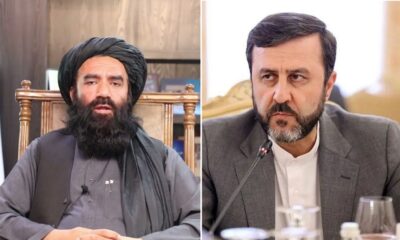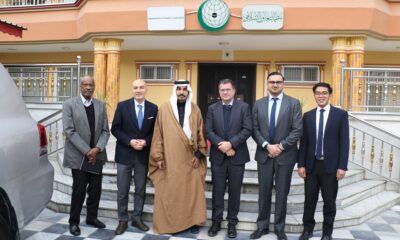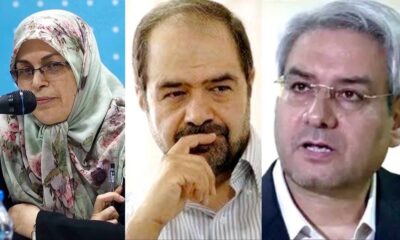Latest News
Watchdog says now is not the time for donor countries to cut back on funding
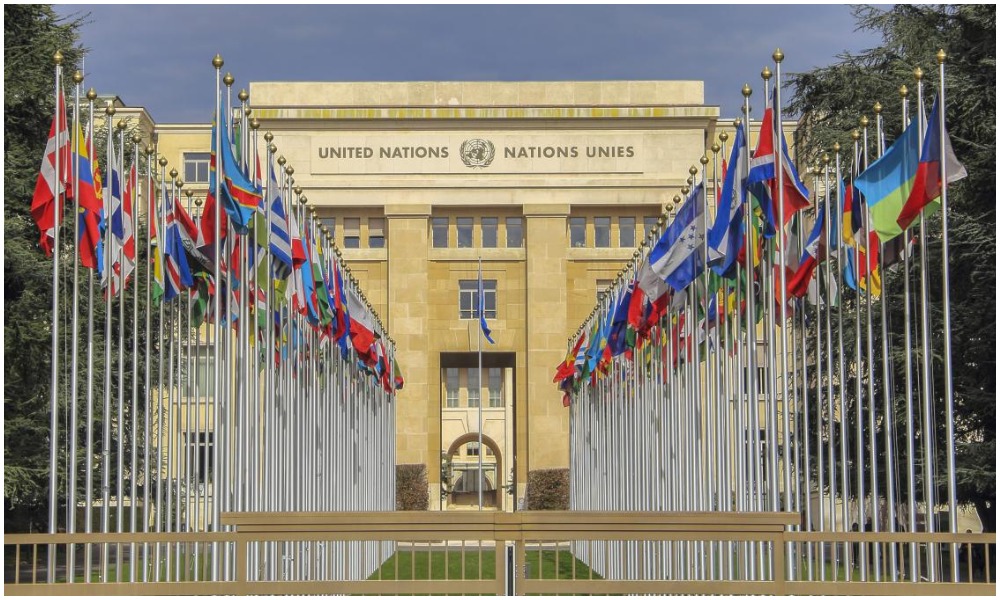
Amnesty International on Wednesday called on the international community to remain “fully committed to protecting and building” on Afghanistan’s fragile human rights gains and to not cut back on funding.
In a statement ahead of this month’s donor conference in Geneva, Amnesty International said Afghanistan is at a critical juncture and that now is not the time for donor countries to cut back on funding.
The Geneva Quadrennial Pledging Conference on Afghanistan, a major donor conference where countries will pledge funding for 2021 through to 2024 will take place on 23-24 November.
The conference will be attended by representatives of more than 70 countries, international organizations and agencies. The conference will also set development objectives as well as secure funding commitments for Afghanistan.
Omar Waraich, Head of South Asia at Amnesty International said: “Afghanistan is at a critical moment. Even as there is talk of peace, violence continues to surge, claiming hundreds of civilian lives, the protection of human rights is nowhere on the political agenda, and COVID-19 continues to run rampant in a country with one of the weakest health systems in the world,” he said.
“International funding has been crucial to the limited but important progress we have witnessed on human rights in Afghanistan over the past two decades, but much more remains to be done. To ensure that these advances are not reversed, the Geneva Conference must maintain a focus on human rights objectives.”
“For its part, the Afghan government must demonstrate its ongoing commitment to defending human rights, safeguarding freedom of expression, and protecting minority groups,” Waraich stated.
As such, Amnesty International has called on participants at the Geneva Conference to set objectives and commit funding to key areas including the rights of women and girls, conflict and civilian casualties, internally displaced people, human rights defenders, and access to justice.
The organization stated that the situation for women and girls in Afghanistan has vastly improved compared to under the Taliban regime. There are now 3.3 million girls in education and women are politically, economically and socially engaged. However, there remain major obstacles and challenges.
Violence against women is rife, the participation of women at all levels of government remains limited and, according to UNICEF, 2.2 million Afghan girls still do not attend school. Meanwhile, two decades of progress on women’s rights are at risk of being compromised through the peace talks.
“The Afghan government and donor partners must build on the hard-won gains made by Afghan women over the past two decades by making clear commitments to support programs to eradicate violence against women, strengthen women’s participation at all levels of government and increase girls’ access to education across the country,” said Waraich.
Conflict and civilian casualties was also a key area of concern and Amnesty International stated that the Geneva Conference is a key moment to reassert the central role that human rights must have in a future Afghanistan.
Waraich said: “Afghan civilians are paying a heavy price in this bloody conflict. The Geneva Conference participants must ensure that the protection of civilians and respect for international humanitarian law is at the centre of the ongoing peace negotiations.”
“The conference should also emphasize that there must be accountability for serious violations of human rights and humanitarian law committed by all sides in the conflict.”
The COVID-19 pandemic is yet another area of serious concern, especially regarding the high number of internally displaced people (IDPs) in Afghanistan – IDPs who are living in densely populated camps with limited access to clean water, healthcare, sanitation and employment.
As pointed out by the organization, social distancing is impossible in the camps and the situation of IDPs has worsened since the COVID-19 pandemic hit Afghanistan.
In line with this Amnesty International also called on participants at the Geneva Conference to set objectives and make funding commitments to alleviate the plight of IDPs, through the provision of safe habitation and equal access to basic services.
Human rights was also a key concern and according to the organization activists are still risking their lives by speaking out.
“The Geneva Conference must push the Afghan government to deliver on its pledge [to safeguard human rights] and make a funding commitment to help roll out the mechanism across the country,” Waraich.
On the issue of access to justice, the organization stated that despite millions of dollars having been spent on improving access to justice for people in Afghanistan, the judiciary and legal system remains weak and unresponsive and perpetrators frequently go unpunished and their crimes uninvestigated.
“The Geneva Conference is a key moment to reassert the central role that human rights must have in a future Afghanistan. To achieve this, it must commit to credible and measurable benchmarks to monitor human rights progress and, crucially, make clear to all parties to the peace talks that human rights are non-negotiable,” said Waraich.
Latest News
Pakistan to repatriate nearly 20,000 Afghans awaiting US resettlement
Authorities will also share verified data of the affected individuals with relevant departments to support implementation.
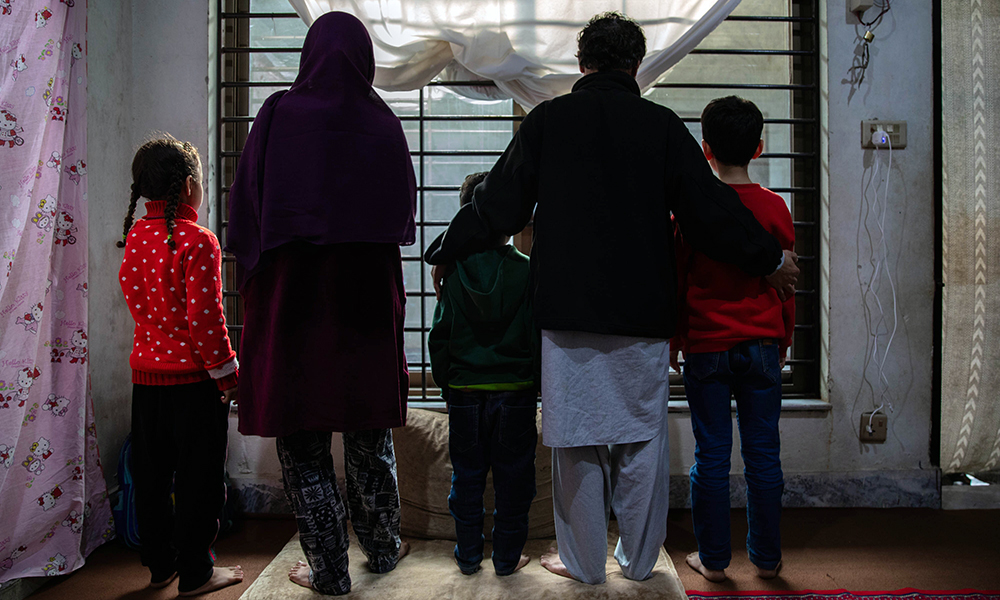
Pakistan will repatriate nearly 20,000 Afghan nationals currently awaiting resettlement in the United States, The Nation reported, citing official sources.
The move affects 19,973 Afghans living across Pakistan.
A federal directive will instruct provincial chief secretaries and police chiefs in Punjab, Sindh, Khyber Pakhtunkhwa, Balochistan, Azad Kashmir, Gilgit-Baltistan, and the Islamabad Capital Territory to begin the repatriation process immediately.
Authorities will also share verified data of the affected individuals with relevant departments to support implementation.
Following the Islamic Emirate’s return to power in 2021, more than 100,000 Afghans fled to Pakistan, many of whom had worked with the US and UK governments, international organizations, or aid agencies.
Thousands have remained stranded in Pakistan for over four years while awaiting US resettlement clearance.
Prospects for relocation have dimmed amid a suspension of case processing by the US administration, according to The Nation.
Under Pakistan’s Illegal Foreigners Repatriation Plan (IFRP), all Afghan nationals still awaiting US relocation will now be returned to Afghanistan.
Latest News
Terrorist activities observed along Afghanistan borders, says Lavrov
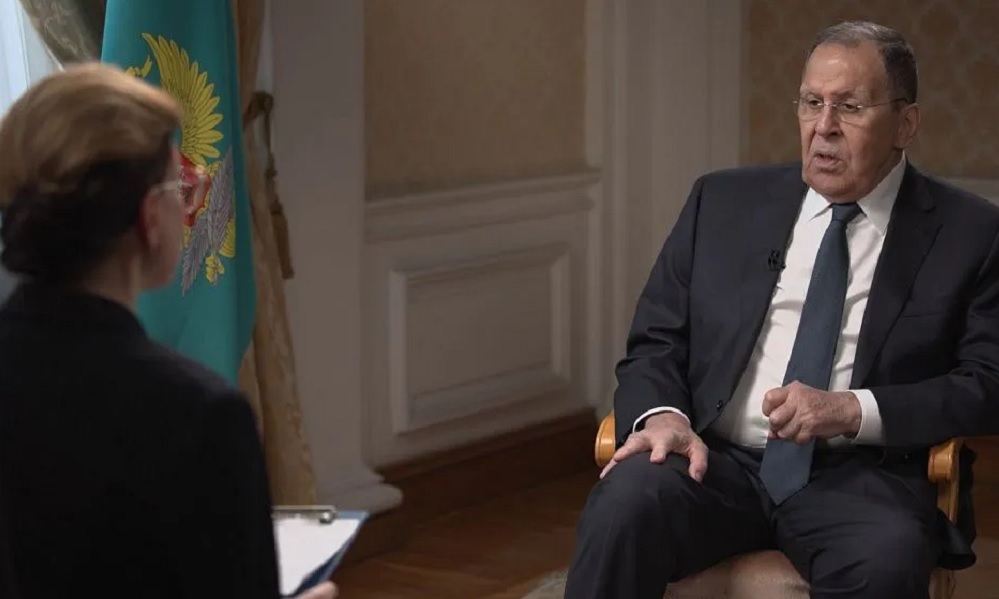
Terrorist activities continue to be observed along Afghanistan borders and along the India–Pakistan–Afghanistan corridor, Russian Foreign Minister Sergei Lavrov said in an interview published on Monday.
Speaking to Russia-based media outlet TV BRICS, Lavrov pointed to ongoing concerns in the Middle East, including its Asian regions.
He highlighted the importance of collaboration with India at the United Nations to advance a global counter-terrorism convention.
Lavrov stated that while the draft convention has already been prepared, consensus on its adoption has not yet been reached.
Russia has repeatedly expressed concern about militant threats from Afghanistan. The Islamic Emirate, however, has dismissed the concerns saying that it will not allow Afghanistan’s soil to be used against any country.
Latest News
Afghan border minister holds phone talks with Iran’s deputy foreign minister
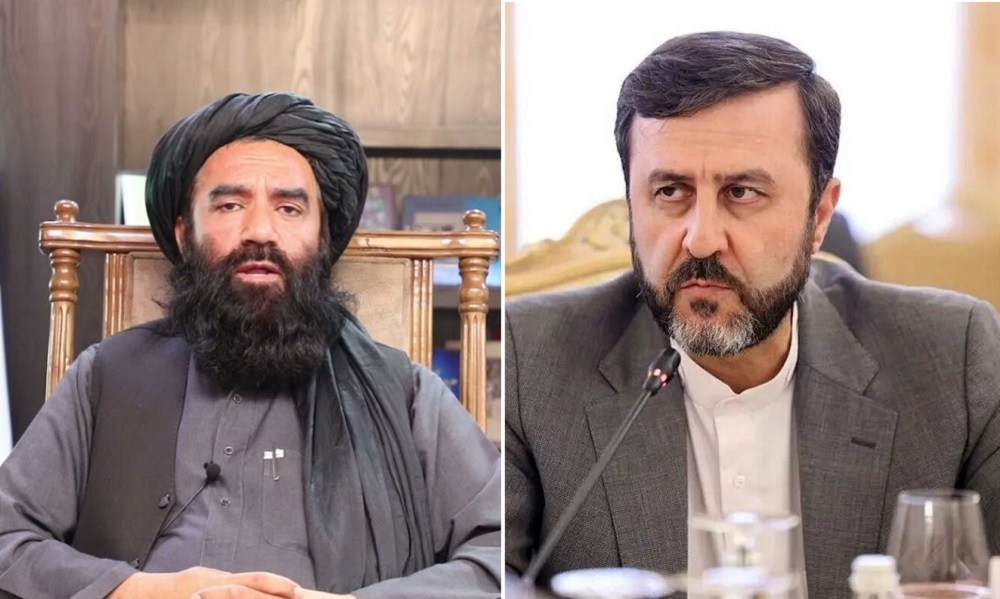
Noorullah Noori, Afghanistan’s Minister of Borders and Tribal Affairs, held a phone conversation with Kazem Gharibabadi, Iran’s Deputy Foreign Minister for Legal and International Affairs, to discuss bilateral border cooperation.
According to the Iranian news agency IRNA, both sides reaffirmed their commitment to strengthening border collaboration, with a particular focus on the ongoing renovation and updating of border markers. They also agreed to accelerate joint technical and legal meetings to enhance coordination.
As part of the agreement, the next meeting of senior border officials from Afghanistan and Iran is scheduled to take place in Iran in 1405 (2026–2027).
-

 Latest News2 days ago
Latest News2 days agoAfghanistan to grant one- to ten-year residency to foreign investors
-

 Latest News4 days ago
Latest News4 days agoTerrorist threat in Afghanistan must be taken seriously, China tells UNSC
-

 Sport3 days ago
Sport3 days agoIndonesia shock Japan to reach historic AFC Futsal Asian Cup final
-

 Sport4 days ago
Sport4 days agoMilano Cortina 2026 Winter Olympics: What You Need to Know
-

 Sport2 days ago
Sport2 days agoIran clinch AFC Futsal Asian Cup 2026 in penalty shootout thriller
-

 Latest News4 days ago
Latest News4 days agoUS Justice Department to seek death penalty for Afghan suspect in National Guard shooting
-

 Latest News2 days ago
Latest News2 days agoAfghanistan says Pakistan is shifting blame for its own security failures
-
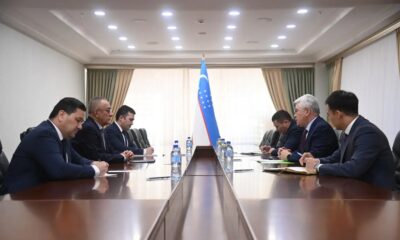
 Latest News4 days ago
Latest News4 days agoUzbekistan, Kazakhstan discuss cooperation on Afghanistan


